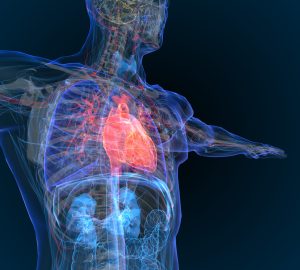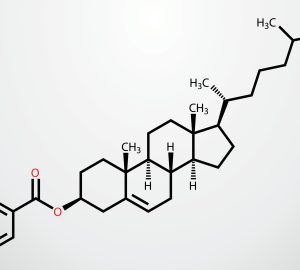get in rhythm | Disturbed sleep and daytime drowsiness are common complaints of people with Alzheimer’s disease, and the issues can be present even before cognitive decline manifests. A new study from Washington University School of Medicine offers insight into the link between the disease and disruption of the circadian rhythm. The protein YKL-40 is regulated by the body’s internal clock and also is connected to buildup of Alzheimer’s proteins in the brain. Looking at mouse models, researchers found that subjects without YKL-40 had less buildup, and their microglia (immune cells that keep plaques from spreading) were more plentiful. The findings suggest a therapy targeting YKL-40 could help slow Alzheimer’s progression.
help for mental health
St. Louis City is partnering with Behavioral Health Response (BHR) to alleviate strain on 911 dispatchers and potentially save lives. Through a new program, emergency calls dealing with mental health issues and without imminent safety concerns will be transferred to trained mental health professionals. In situations that still require a police officer to respond to the scene, the officer will be accompanied by a behavioral health professional who will serve as co-responder. The goal is to prevent people in mental crisis from being arrested and help connect them with important services. St. Louis will be the first U.S. city to divert mental health calls outside of the 911 system.
an inspiring milestone
The blood and bone marrow transplant (BMT) program at SSM Health Saint Louis University Hospital is celebrating both its 30th anniversary and the impressive achievement of performing 100 transplants in 2020. Dr. Mark Fesler, SLUCare oncologist and director of the BMT program, says they didn’t imagine doing that number of transplants last year. Hospital staff had to balance the risk of the pandemic while continuing care of patients with life-threatening blood cancers. “It was a hard year for both the patients and the program staff, but accomplishing that volume of work is something that we’re all proud of,” he says.
labor interventions
Two out of three pregnant women receive supplemental oxygen at some point during childbirth. Since the 1960s, it has been administered to prevent damage to the baby’s brain due to oxygen deficiency. However, researchers at Washington University School of Medicine have found that there is no benefit to the practice. Looking at 16 previous trials on the subject, they discovered that infants born to mothers who received supplemental oxygen did not have better outcomes than those whose mothers did not receive it but had otherwise similar labor experiences. The study suggests that the practice can safely be stopped for many women, and more judicial application of the intervention could reduce health care costs.








